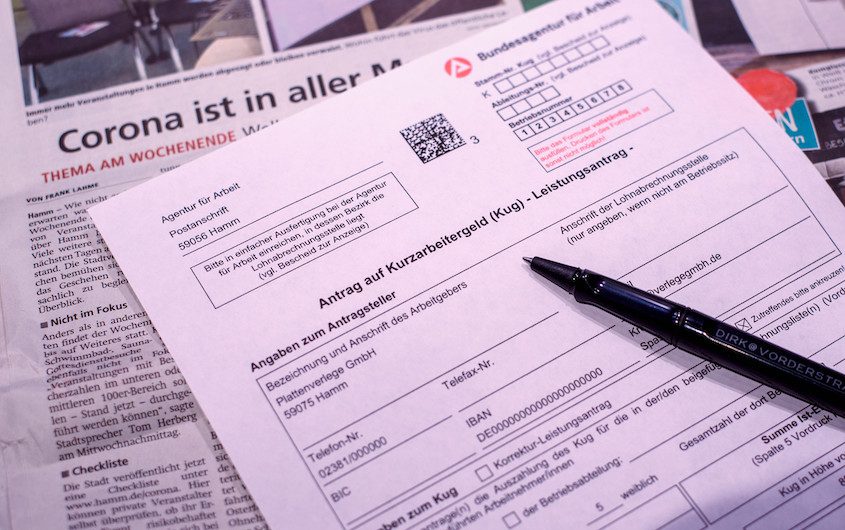
Dirk Vorderstraße via Flickr
What Worked? Lessons from the Pandemic for U.S. and German Economic Policies
The U.S. and German economic systems were both faced with extraordinary supply and demand crises that accompanied the COVID-19 pandemic and required them not only to rely on established policy responses but also to create new economic tools. This event will explore the fiscal, monetary, labor, and social welfare policies that Germany and the United States called upon to weather the economic crisis. It will draw lessons from this experience for future economic policies on both sides of the Atlantic—what worked and what did not, as well as areas where the two countries may be able to adopt each other’s best practices.
This webinar is part of the AGI project “The Importance of the Transatlantic Partnership in Times of Global Crises” and is generously funded by the Transatlantik-Programm der Bundesrepublik Deutschland aus Mitteln des European Recovery Program (ERP) des Bundesministerium für Wirtschaft und Klimaschutz (BMWK) (Transatlantic Program of the Federal Republic of Germany with Funds through the European Recovery Program (ERP) of the Federal Ministry for Economic Affairs and Climate Action (BMWK).
Speakers
Björn Bremer, Senior Researcher in Comparative and International Political Economy, Max Planck Institute for the Study of Societies
Sidney Rothstein, Assistant Professor of Political Science, Williams College
Ines Wagner, Research Professor, Institute for Social Research, Norway
Moderator
Peter Rashish, Senior Fellow; Director, Geoeconomics Program, AGI
This webinar will convene via Zoom. AGI will contact registrants before the webinar with the access link. Contact Mr. Yixiang Xu at yxu@aicgs.org with any questions.






